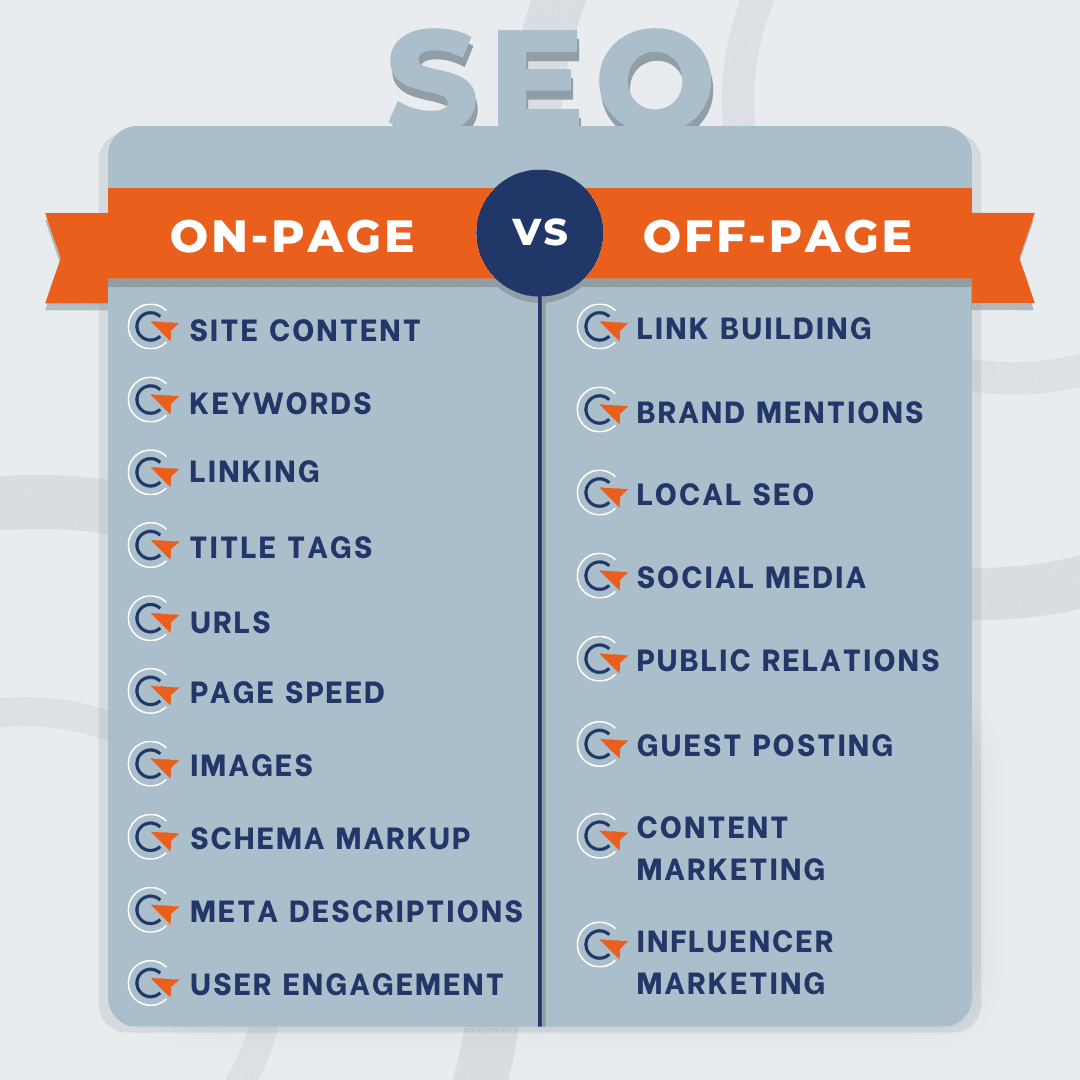The Power of SEO for Business Growth




Did you know that 60% of businesses now have a SEO strategy? Having a strong SEO strategy is no longer optional – it’s essential. Whether you’re a local startup or an established brand, search engine optimisation (SEO) is one of the most cost-effective and sustainable ways to attract high-intent traffic, increase brand visibility, and drive long-term business growth.
But SEO isn’t just about ranking higher on Google – it’s about understanding your audience, answering their questions, and positioning your business as a trusted authority in your field. In this article, we’ll explore how SEO powers business growth, what makes it so effective, and how you can start using it to scale your success.
SEO stands for search engine optimisation. Think of it as a game plan to make a website stand out on search engine result pages (SERPs), such as Google. SEO works by adjusting website elements as well as performing off-page tasks to help it rank better for key search terms. By ranking well for high-volume keywords, you increase online traffic to your website.
SEO comes in two forms: on-page and off-page. On-page SEO aims to tune up content and areas on your website. Off-page SEO involves tasks outside your site. Both these efforts together help boost your website’s overall performance in search engine rankings.

SEO works wonders in the online world with lots benefits to offer, such as:
Increased visibility: By incorporating an SEO strategy, you increase your visibility on search engines and make your website easier to find. This increases website visits from users searching for your service or product offering.
Cost-effective: Whilst SEO is a long term investment, with no separate marketing spend needed it’s a cost-effective digital marketing method.
Better user experience: SEO focuses on things like quick page load, mobile-friendliness, and easy navigation. To effectively improve your SEO efforts, you also need to improve your website’s UX, making it easier for users to convert on your website.
Improved conversion rates: A good SEO strategy doesn’t just bring new users to your website, it also increases conversion rates. By refining content and user experience, you can bring in more relevant users who are more likely to take an action, such as buying products or completing forms.
Increased traffic: SEO is designed to grow your organic traffic. It does this by appealing to visitors looking for information, products, or services tied to the website’s content. This means the traffic is more valuable and relevant to your business.
Trust and credibility: By ranking highly for keywords, your website shows trust and reliability within your industry. Users view highly-ranked websites as leaders and in their fields, leading to brand loyalty and increased customer recommendations.
Powerful insights: SEO and analytics tools provide important data on user behaviours, allowing for informed decisions and constant improvements to your ongoing SEO strategy.
Competitive advantage: Brands that invest in SEO are able to stay ahead. Whilst their competitors are pouring large sums into paid adverts, well optimised websites are benefiting from the same search terms at a fraction of the cost.
Adaptable to changes: SEO methods can and should adjust. Search engines roll out multiple algorithm changes every year. By working with an SEO specialist you can ensure your website is ahead of the game, and well optimised to the latest standards.
Search engines use complex algorithms to decide the order websites show up when you search for a specific keyword. Some key elements they consider are the content on the page, how fast the site loads, and how easy it is for users to navigate.
Other known ranking factors include how mobile-friendly the website is, how many genuine backlinks the website has and how users interact with it once landing on your pages.
Whilst Google never releases the exact ranking algorithm, they do comment on best practices that can be integrated into your strategy. SEO specialists can use a mix of advice, experience and data to make informed decisions on the best strategies for each brand.
SEO is an essential part of any digital marketing strategy. With highly competitive search terms it can take months or even years of optimisation to achieve a significant ranking. New businesses should start working with an SEO specialist prior to launching their website to ensure that it’s built in a way that will support SEO optimisation and growth. Whilst it’s not impossible to optimise a website that’s been built without SEO in mind, it does create limitations to your growth, and may end up costing you more in the long run.
SEO is a long-term, long-lasting strategy that supports digital growth. SEO is generally the first digital marketing activity that brands engage with, before boosting their traffic further through the use of social media, paid media and email marketing.
To conclude, SEO boosts your websites online presence, traffic and conversions or revenue. Implementing SEO strategies helps your site get noticed, saves money on ads and enhances your website’s user experience. SEO gives you an edge over your competitors and a roadmap to online success.
From increasing visibility on search engines to attracting high-intent traffic that’s ready to convert, the benefits of a strong SEO strategy are undeniable. But success with SEO doesn’t happen overnight – it requires a clear strategy, regular content creation, technical optimisation, and ongoing analysis. Whether you’re a small business looking to grow locally or an established brand aiming to dominate your niche, SEO offers a scalable and cost-effective way to support your business goals.
Are you in need of effective SEO solutions? Contact us today to boost your online presence and grow your business with the power of search engine optimisation.

Top 10 SEO Tools You Need for Your Digital Marketing Strategy
Read full blog
How To Start A Career In Digital Marketing
Read full blog